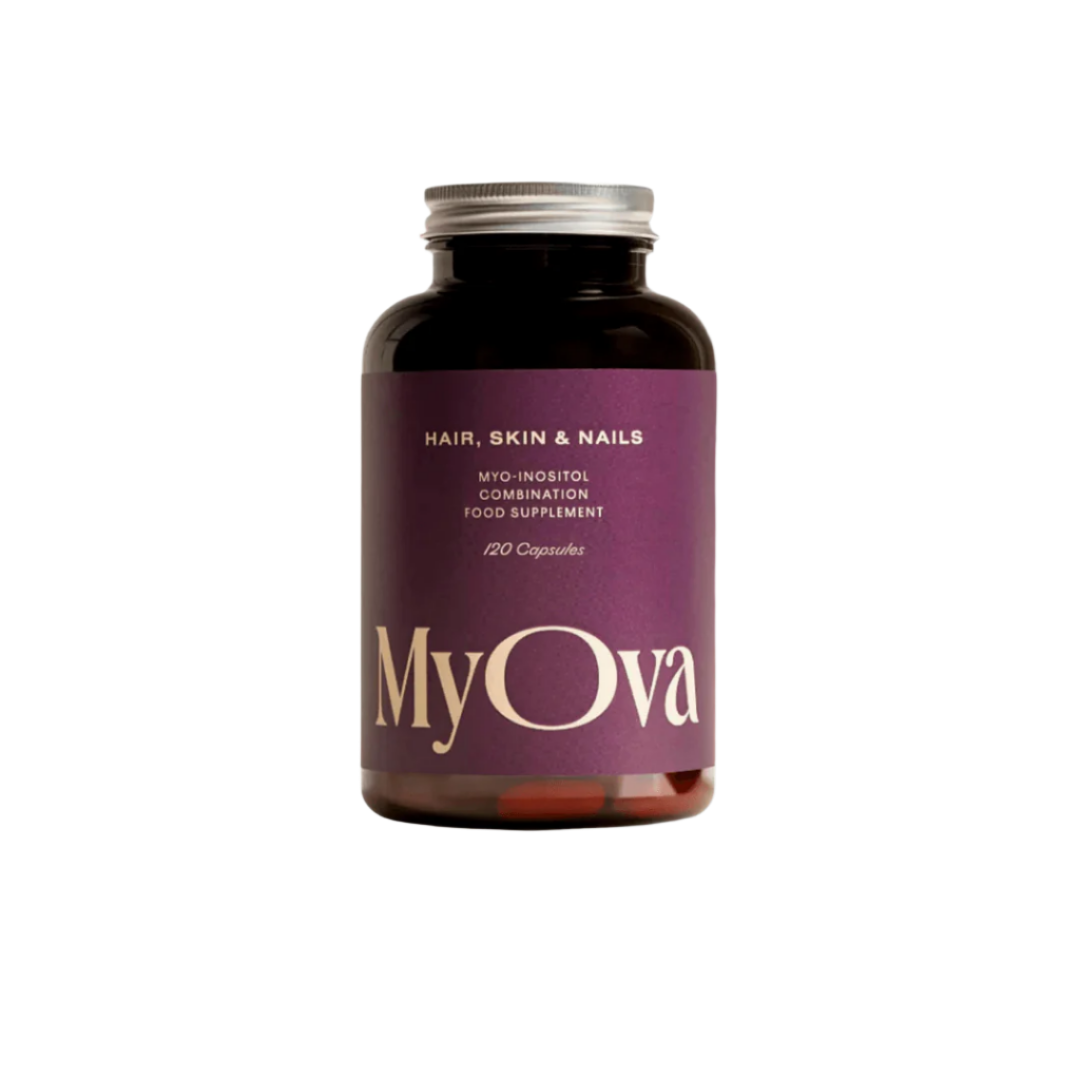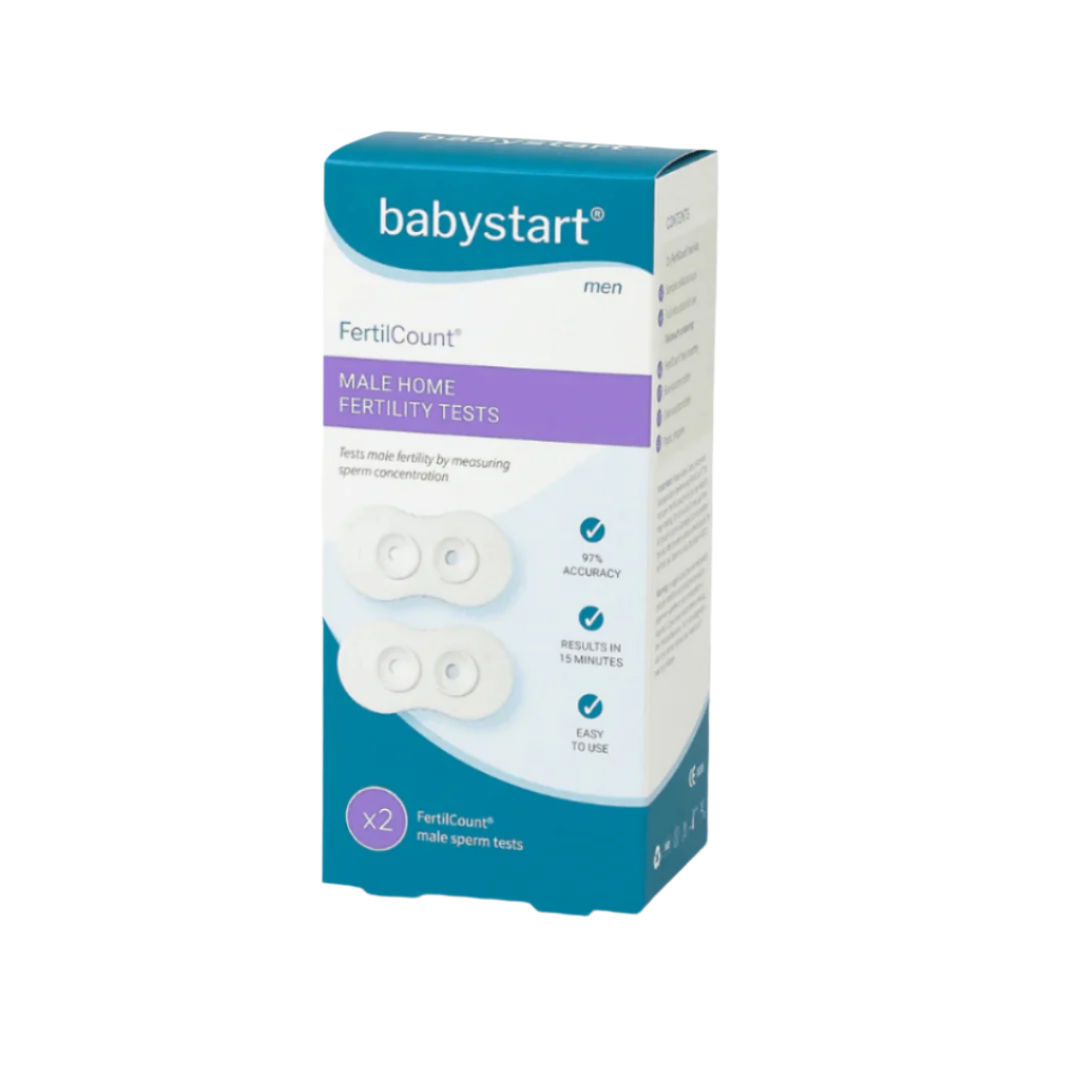To mark World PCOS Day, we had the opportunity to sit down with Katherine and delve into her personal journey with PCOS. She shared her experiences from the initial diagnosis through the ongoing challenges of managing the condition. Katherine also offered valuable insights into the changes she believes are necessary to enhance support and care for women with PCOS, highlighting how the healthcare system could better address their needs.
This day is crucial for raising awareness, sharing knowledge, and providing support to those affected by PCOS. Here at Femme Health, we are proud to share Katherine's story and extend our gratitude to her for her time and openness.
When were you first diagnosed with PCOS, and how did you initially feel about the diagnosis?
I was officially diagnosed with PCOS a couple of years ago, around age 27, but I was first tested for it when I was 16. At that time, I was told I didn't have PCOS, so I was surprised when the diagnosis came later. Initially, I wasn’t concerned because my GP didn't provide much information or guidance about the condition, so I just carried on with my life as usual. It wasn't until I started doing my own research that I began to understand the implications of my diagnosis and how PCOS has affected my life – past, present, and future.

What symptoms have been the most challenging for you to manage, and how do they impact your daily life?
Weight management and mental health have been the most challenging symptoms for me to manage. I've struggled with weight fluctuations my entire life, and, as is common with PCOS, my other symptoms tend to worsen as my weight increases. This often leads to a vicious cycle where worsening symptoms contribute to further weight gain, making it a difficult pattern to break.
My mental health has also been a significant challenge, to the point where it was totally disabling for many years. While my mental health issues aren’t solely due to PCOS, I’ve noticed that hormonal changes often trigger sudden bouts of deep depression and anxiety, particularly around my period. This makes it even more challenging to manage day-to-day.
Are there any lifestyle changes or treatments that have been particularly helpful in managing your PCOS symptoms?
Absolutely. For me, the key has been weight management and building a lifestyle that accommodates my needs rather than adds stress or tension. Recently, I’ve been using a GLP-1 medication (often referred to as weight loss injections) for weight management. This has been particularly effective in managing my PCOS symptoms, especially insulin resistance, and has helped me break the cycle of weight gain and worsening symptoms.
Stress management has also been crucial. I’ve made several changes in my life, such as prioritising positive and supportive relationships, changing jobs to have a more flexible schedule, engaging in talk therapy, and being more compassionate toward myself when my health feels like a burden. These adjustments have significantly helped me manage my symptoms and improve my overall well-being.
How has PCOS affected your mental and emotional well-being over time?
PCOS has definitely impacted my mental and emotional well-being, though it's hard to quantify exactly how, since it's often difficult to determine when hormones are playing a role in a difficult period of mental health. Generally, it's overwhelming to know that PCOS is something I'll always have to manage.
The lack of understanding and support from medical professionals can also be frustrating and disheartening. There's a stigma around hormonal effects on mental health, and I often feel like mental health struggles are not taken as seriously if they're perceived to be hormone-related, as if that somehow makes them less significant. This can be really challenging to deal with, but that's a whole other conversation.
What do you wish more people understood about living with PCOS?
I wish more people understood that PCOS is so much more than just a fertility issue. While I completely acknowledge how devastating fertility challenges can be, PCOS affects many other aspects of health and well-being. It’s important to recognise the wide range of symptoms and risks that come with a PCOS diagnosis, including metabolic issues, mental health struggles, and long-term risks like diabetes and heart disease. Understanding the broader impact of PCOS would help foster greater empathy and support for those living with it.
Have you found a support system, whether online or in person, that has helped you navigate living with PCOS?
Building a support system has been work in progress for me. I’m trying to get more involved with PCOS-related charities and work to connect with like-minded people, which has already led me to meet some great individuals - femme health included! Online, I tend to gravitate towards forum-style content for support and advice. I find Reddit to be a good starting point, although the experience can be hit or miss. Aside from these communities, I have to give credit to my fantastic partner, who is incredibly understanding and supportive and always helps me navigate through difficult times.
What advice would you give to someone who has just been diagnosed with PCOS?
Take your time. Do your research, but don’t feel like you have to completely change your life overnight. Give yourself the space to come to terms with what PCOS means for you personally, and take the time to understand how it affects your life on an individual level. Everyone's experience with PCOS is different, so focus on finding what works best for you.
What would you like to see change in the UK and NHS when it comes to PCOS?
I would like to see better education for GPs about PCOS because it's a common experience for patients to receive little to no support from doctors. It’s concerning that many people, whether they have a diagnosis or not, are unaware of the full impact and potential risks associated with PCOS. Improved education and awareness among healthcare professionals could lead to more comprehensive care and support for those affected, ensuring that patients are better informed and more effectively managed.
Thank you Katherine for sharing your personal journey and experience of living with PCOS this will be helpful for so many people.
Stefanie Meachin - femme founder









